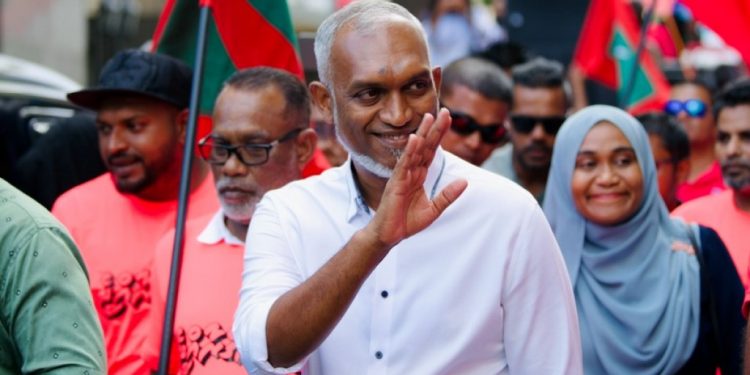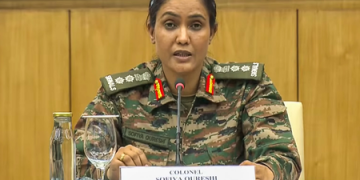It was only expected that the relationship between India and Maldives would come under strain following the victory of pro-Chinese Mohamed Muizzu in the recent presidential election of the archipelago. In fact, a key plank of his poll campaign was the “India Out” slogan and gearing the country’s foreign policy towards China. His immediate predecessor had maintained strong relations with India. But, none could perhaps anticipate the ties between the two neighbors would deteriorate so quickly.
The row started with a visit of Prime Minister Narendra Modi to Lakshadweep, an archipelago off the coast, some 400 kms from Kerala, to promote domestic tourism. The Prime Minister praised the natural beauty of Lakshadweep in a series of posts on X (Twitter). On the face of it such expressions from the PM are nothing unusual. He has every right to look after his country’s interests. That he needed to be far more tactful for the sake of diplomacy and forestalling Chinese advances in a highly geopolitically strategic and charged area is another matter. India seems to merrily get into such traps repeatedly that are laid by China with the help of its friends in not only the Maldives but also other countries in the neighborhood. Modi’s visit was followed by his supporters’ seemingly engineered comparison that claimed the Indian islands were far superior in beauty and more economical for tourists and those tweets, obviously, sparked anger among some officials in the Maldives, who viewed the comparisons of Lakshadweep as an attempt to downgrade the importance of their country as a tourist destination for Indians and other nationals. It is noteworthy that Maldivian economy is greatly dependent on international tourism.
In a rather unusual showdown Mariyam Shiuana, a deputy minister in Muizzu’s cabinet fired the first salvo against the Indian Prime Minister calling Modi a “puppet of Israel,” a reference to the close ties between India and the Jewish state amid the controversial Israel-Hamas war. She then wrote – “What a clown”- in response to a video of Modi walking along a beach in Lakshadweep, tagging her comment with #VisitMaldives.
Indian social media reacted even more furiously and urged Indian tourists to boycott the Maldives. The Maldives government apparently did not want to precipitate any crisis and Shiuana’s post has since been deleted, while she and two other officials from the Ministry of Youth Empowerment, Information and Arts were suspended for their remarks. But the damage had already been done. The calls in India for a boycott of Maldives have become shriller. One of India’s largest online travel platforms has said that it would no longer be accepting any bookings for the Maldives in a very patriotically worded statement. Bollywood has also joined the chorus of protest and many celebrities are urging Indians to engage in local tourism. Actor Amitabh Bachchan also promoted travel to Lakshadweep in a post on X, while referencing another post by former cricket star Virender Sehwag that called the Maldives officials’ comments “a dig at our country.”
On social media Indians are posting about their cancelled trips to the Maldives and urging one another to go to Lakshadweep instead. According to one unverifiable report there has been a manifold increase in searches in an Indian travel booking site for Lakshadweep since Modi’s visit. Indians made up 11 per cent of tourists to the Maldives last year—ranking as the nationality with the largest number of visitors to the tourism hotspot.
India had tried to be diplomatically correct after the victory of “anti-Indian forces” in the Maldives and the Modi government sent a Minister to Muizzu’s swearing in. Also, there was a Modi-Muizzu meet at the COP28. However, India’s internal politics seems to be taking a toll of its external relations. Muizzu is the first President not to make India his first port of call after assuming power. Even former President Yameen, who is credited with launching the “India Out” movement and gravitating towards Beijing, visited Delhi first in 2014. On the other hand, Muizzu has kept up pressure as part of his electoral pledges for the withdrawal of India’s military personnel, even though India has explained the role of the military in ensuring security for trade and commerce in the region. Today, the Maldives government has formally ordered the withdrawal of Indian military personnel from the island nation by 15 March. This is a great diplomatic loss for India. It also marks the loss of one more friendly nation for India.
This latest turn of events shows that India has been consistently failing in mature diplomacy and that’s damaging the country on a long term basis.






































